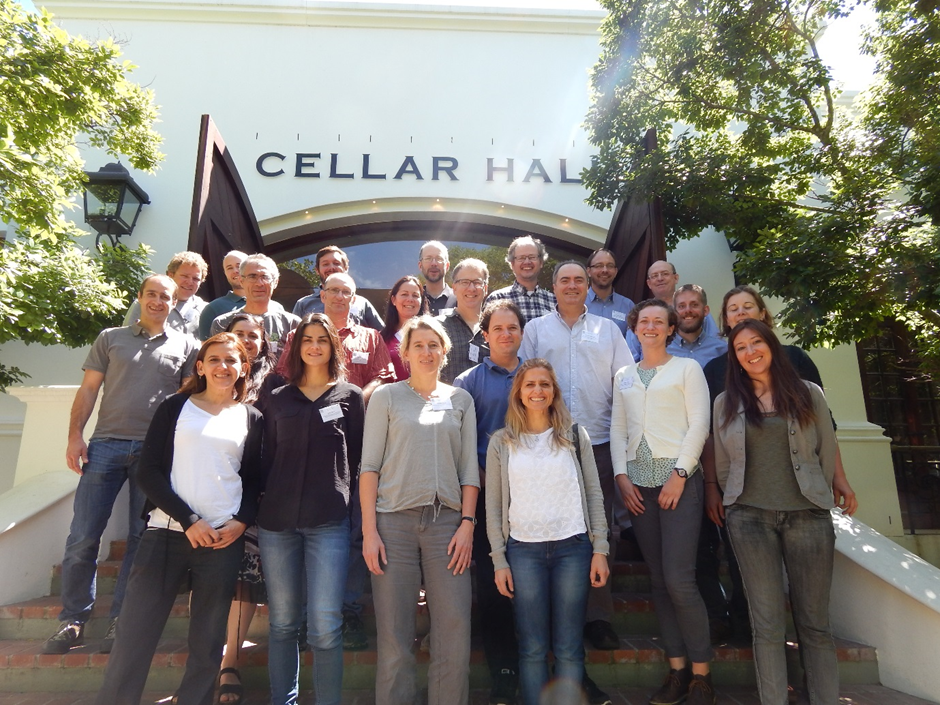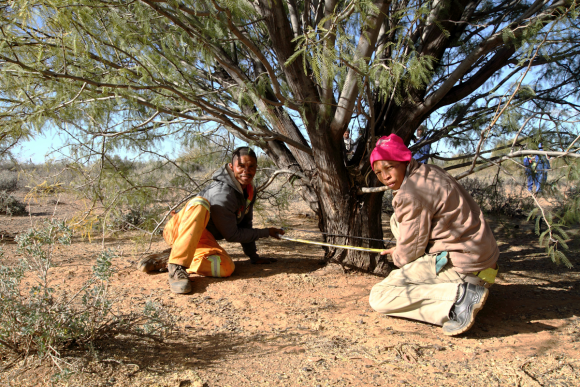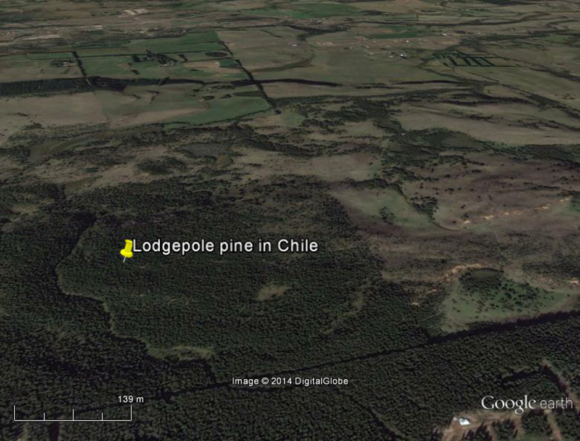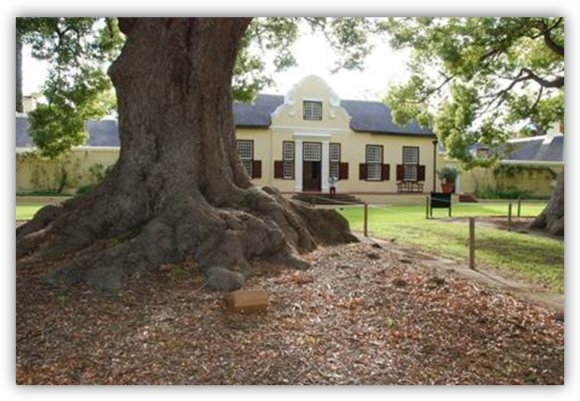In November 2015 the Centre for Invasion Biology (C·I·B) hosted an international workshop entitled “Evolutionary dynamics of tree invasions: drivers, dimensions, and implications for management”. The aim of the workshop was to broaden our understanding of this still poorly understood research field within invasion biology. Because of the long lifespans and generation times of trees, the evolutionary processes during tree invasions have not been well studied.
A diverse team of 25 scientists from South Africa and seven other countries came together to synthesize current knowledge on the processes which underlie evolutionary dynamics associated with tree introductions and invasions, to better understand the dimensions of these dynamics across different scales, and to explore their consequences for management. Another key aspect of this workshop was added by the team from the Forestry and Agricultural Biotechnology Institute (University of Pretoria), whose contributions showed how pathogens can influence tree invasions as co-invaders.
Invited speaker Rafael Zenni (University of Brasilia, Brazil) opened the workshop with an overview of how rapid evolutionary changes can affect invasions of introduced tree species. Evan Siemann (BioScience at Rice, Rice University, USA) and Ian Dickie (Bio-Protection Research Centre, Lincoln University, New Zealand) provided insights on the role of aboveground-belowground interactions during tree invasion processes and their ecological and evolutionary mechanisms. Alexandra Erfmeier (Institute for Ecosystem Research, Kiel University, Germany), Joe Miller (Australian National Herbarium, CSIRO, Australia & the National Science Foundation, USA) and Guillaume Besnard (Laboratoire Evolution & Diversité Biologique, France) highlighted differences in tree invasions, phylogenetic perspectives on the invasiveness of trees, and the evolutionary history of invasive trees, respectively.
The workshop motivated leading researchers in the field of invasion biology and forestry as well as senior academics and postgraduate students to contribute to our understanding of evolutionary dynamics of tree invasions, to exchange knowledge, and to initiate new collaborations for future research. Scientific papers presented at the workshop and new contributions that emerged from the discussions will be published in a special issue of the journal AoB PLANTS.
The workshop was organized by C·I·B Postdoctoral Fellow Heidi Hirsch, with help from Core Team members Jaco Le Roux and Dave Richardson. Funding was provided by the C·I·B, the National Research Foundation (NRF), and the office of Stellenbosch University’s Vice Rector: Research, Innovation and Postgraduate Studies.




